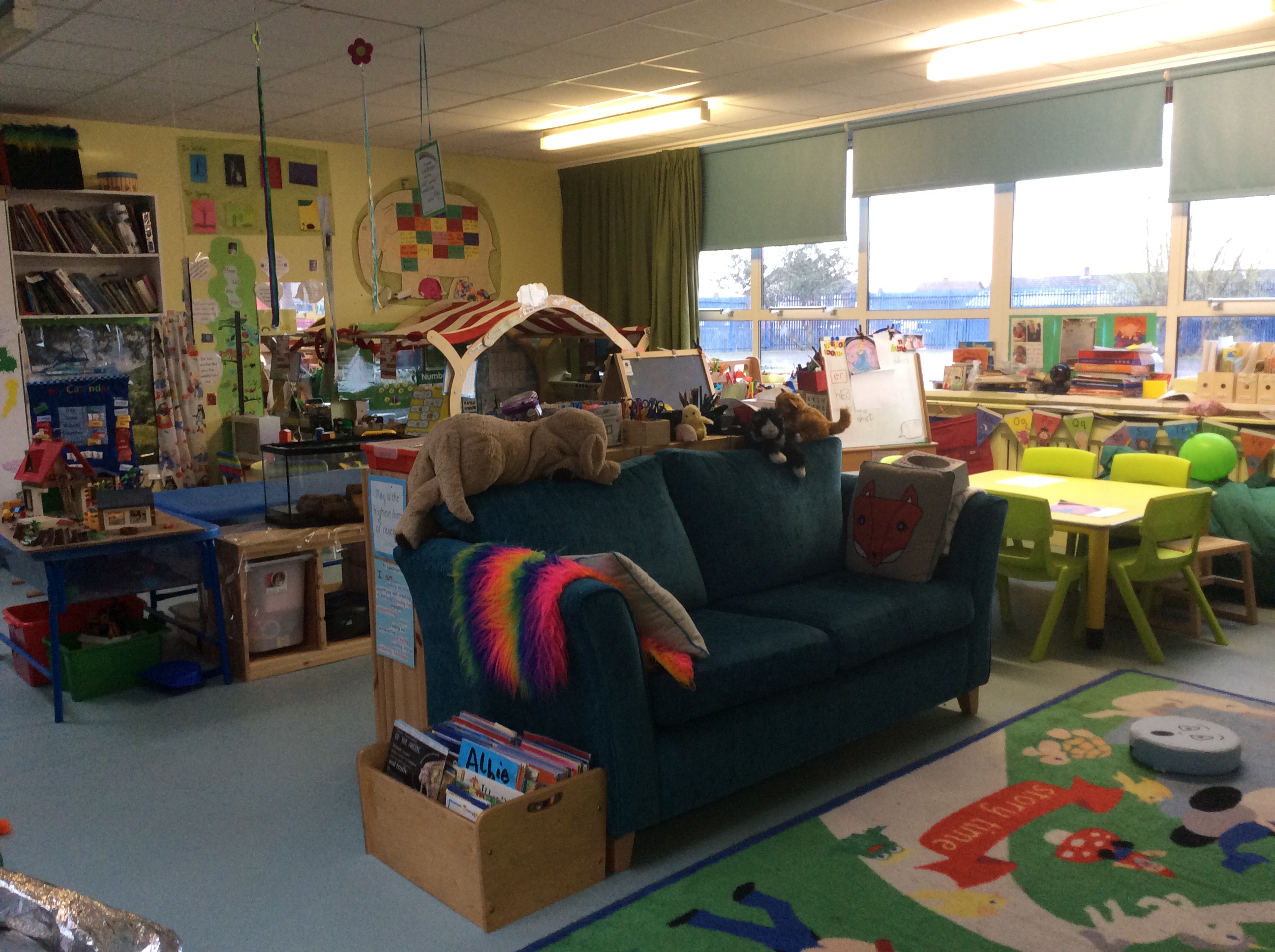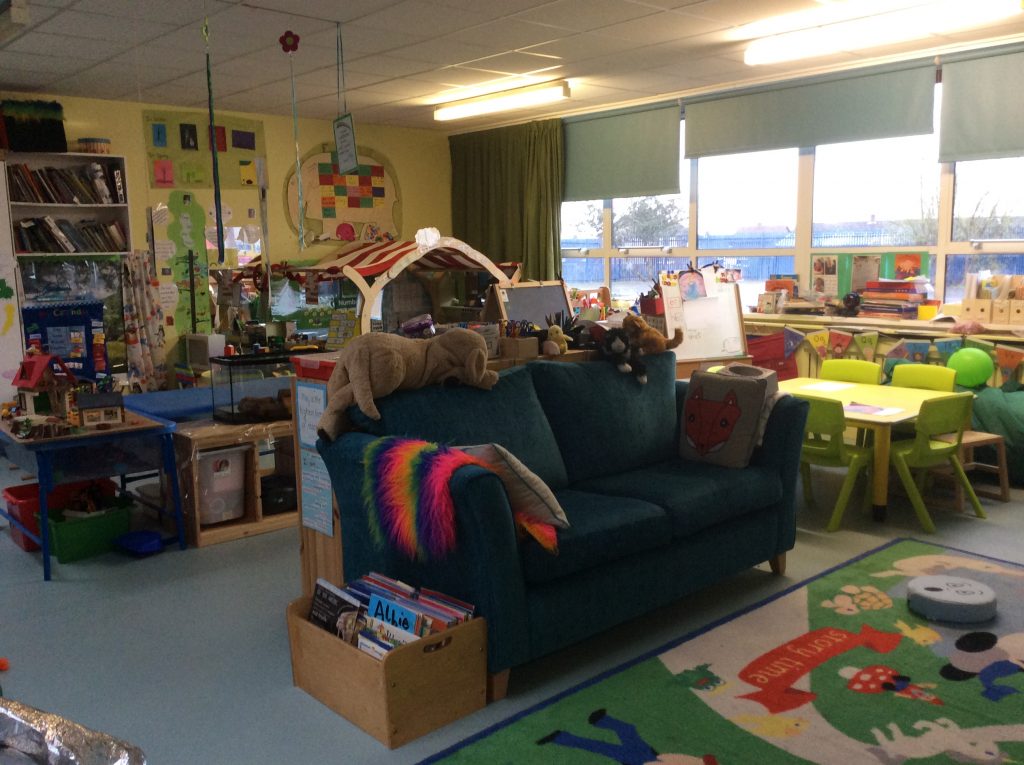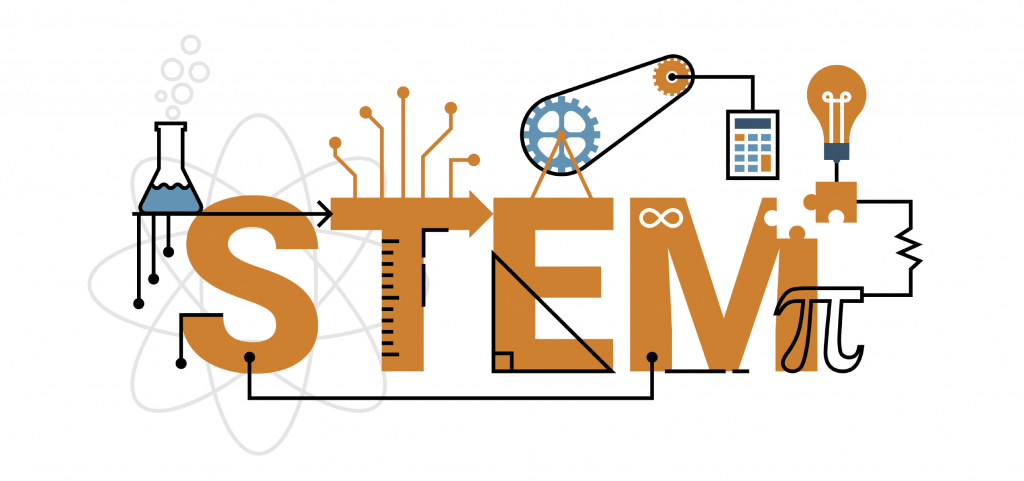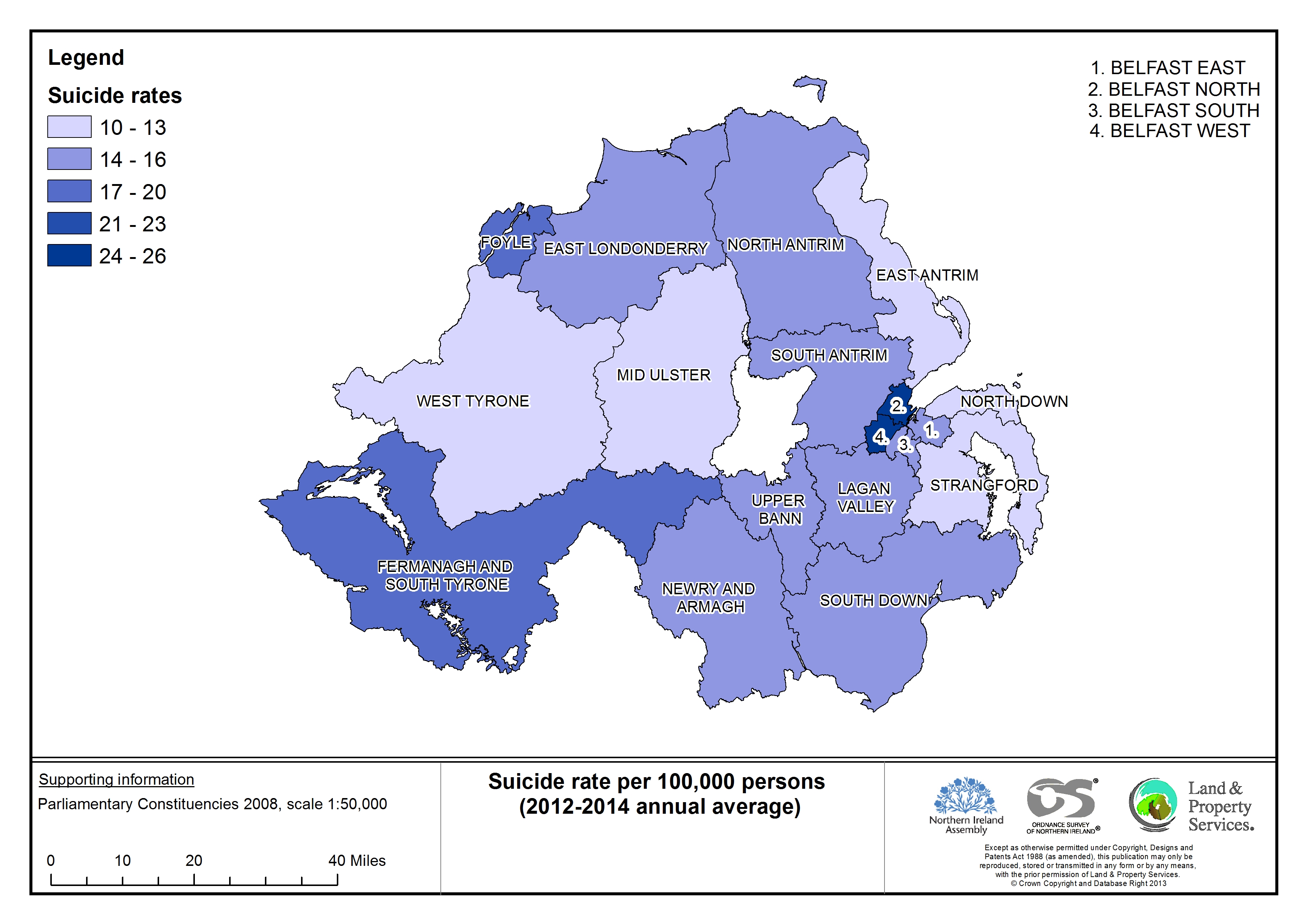Economic impact of cuts to the Higher Education sector
Education and training are key factors in economic progress, acting as a means of raising productivity. Whilst other factors can result in short-run economic improvements, education and training are critical to embedding long-term growth. As such, the current reductions in funding for Higher Education Institutions (HEIs) could potentially have a negative impact on future economic development in Northern Ireland (NI).

Read More »Economic impact of cuts to the Higher Education sector







